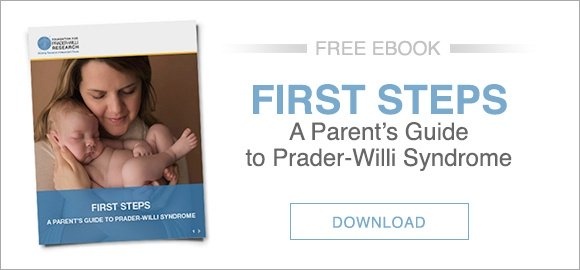OK, you've learned about leptin and ghrelin (and maybe NPY, MSH, AgRP and CART). Here's another neuropeptide, neuormedin U, that is important in regulating body weight and energy expenditure.
Knocking out the gene for this peptide in mice causes them to become excessively hungry (hyperphagic), obese, and have decreased motor activity. This protein also has several other reported roles, in physiological processes from smooth muscle contraction to blood flow. It should be interesting to see how this fits into the big picture of appetite regulation and PWS.
Neuromedin U has a novel anorexigenic effect independent of the leptin signaling pathway.
Hanada R, Teranishi H, Pearson JT, Kurokawa M, Hosoda H, Fukushima N, Fukue Y, Serino R, Fujihara H, Ueta Y, Ikawa M, Okabe M, Murakami N, Shirai M, Yoshimatsu H, Kangawa K, Kojima M. Nature Medicine 10: 1067 1073, 2004.








